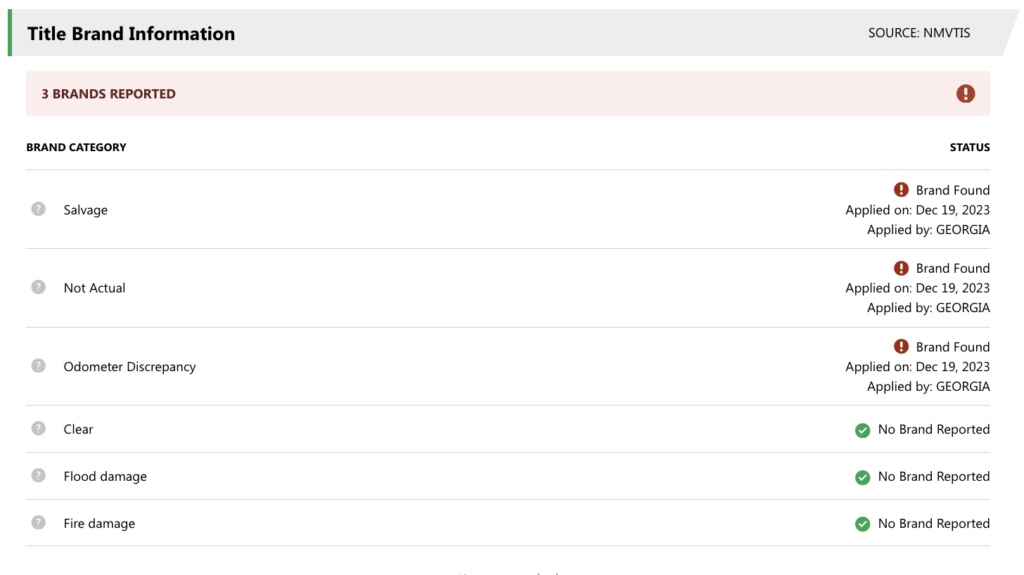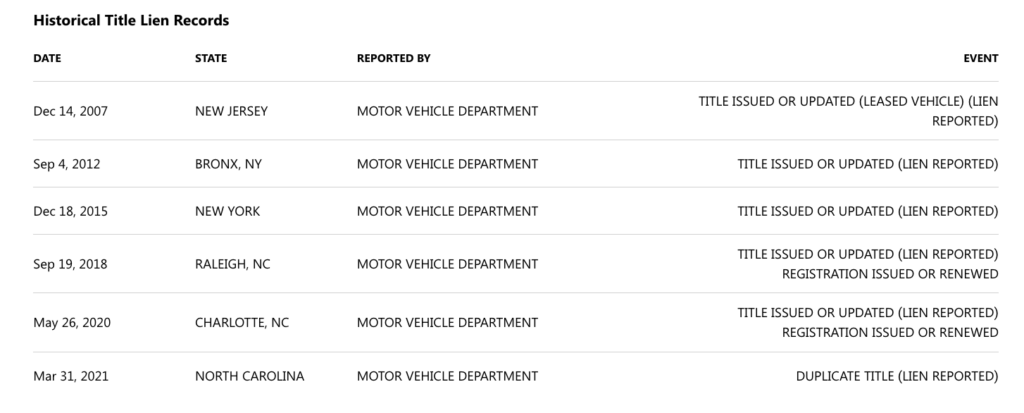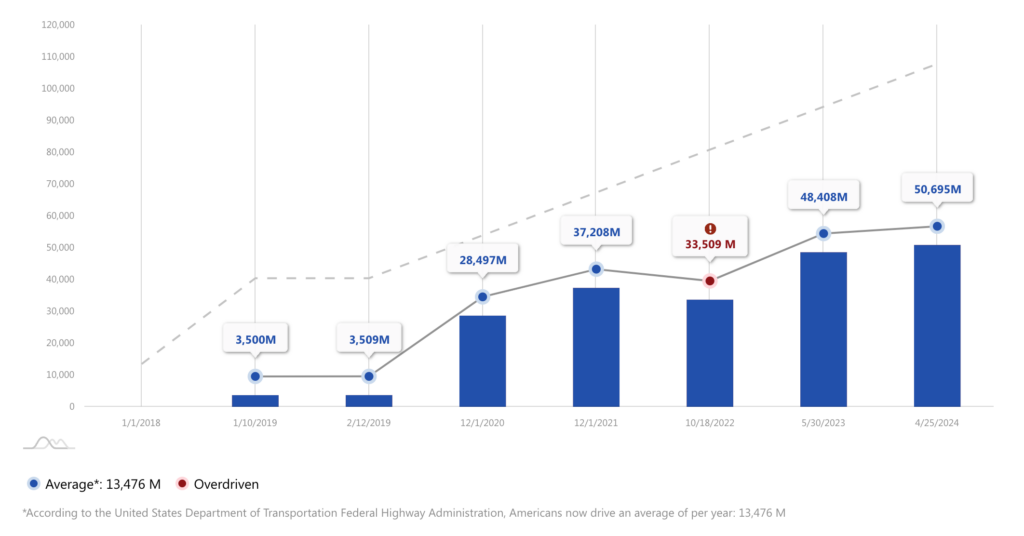Title processing in the automotive industry refers to the administrative procedures involved in transferring vehicle ownership from one party to another. It is a crucial aspect of any vehicle transaction—whether buying, selling, or transferring ownership for other reasons. A proper title check involves verifying the legitimacy of the seller, identifying existing liens, and uncovering any past issues that could affect the vehicle’s safety or value. For this process to be secure and efficient, accurate information from the seller must be combined with reliable interstate records such as those found in the NMVTIS database.
As a federal vehicle records system, the National Motor Vehicle Title Information System (NMVTIS) plays a vital role in ensuring the integrity of title transfers for used vehicles.
NMVTIS: A Comprehensive Title History Database
The NMVTIS, or National Motor Vehicle Title Information System, is a federally mandated, nationwide database developed to track vehicle history across U.S. states. Its purpose is to aid state motor vehicle titling agencies, protect consumers, and reduce fraud. With contributions from 99% of U.S. DMVs, this system provides one of the most trusted sources for title information.
The NMVTIS database collects information from:
- All 50 states DMVs (title registration records)
- Insurance companies (total loss declarations)
- Salvage and junk yards (records of salvage or junked vehicles)
- Title branding data (such as flood, rebuilt, or salvage titles)
- Odometer readings and brands
Unlike many private or local databases, NMVTIS is the only government-backed system that offers a nationwide VIN history with standardized data that cannot be altered. This makes it an essential component of responsible title verification.

Benefits of using NMVTIS Reports
Incorporating an NMVTIS report into your title processing workflow has numerous advantages:
- Fraud Detection: An NMVTIS title check can reveal title washing, odometer rollbacks, and stolen vehicles.
- Ownership Verification: Confirms that the seller is the legal owner, reducing the risk of unauthorized transfers.
- Damage History: Discloses previous accidents, flood damage, and other issues that may affect value and safety.
- Efficient Transactions: Accessing all relevant title data from one NMVTIS VIN check streamlines the transfer process.
Because of its reliability, states are encouraged to rely on NMVTIS reporting not just for interstate title transfers, but also for in-state transactions, dealer reassignments, lender verification, updates, corrections, and other related procedures. The system is supported by law enforcement agencies, consumer protection organizations, and many automotive businesses.
Risks of Skipping NMVTIS Title Checks
Neglecting title verification through NMVTIS can lead to severe consequences. Without it, buyers risk inheriting unresolved liens, acquiring stolen vehicles, or facing inaccurate odometer readings. These issues can delay ownership transfer, result in unexpected costs, or lead to legal problems. Performing an NMVTIS vehicle history report is an essential step to ensure the legal security and transparency of any used vehicle transaction.
What It Means If No NMVTIS Records Are Found
All U.S. states, insurance providers, and salvage yards are required to report to NMVTIS. However, data submission timelines vary. Some states update the NMVTIS database in real-time, while others report less frequently. If a VIN check returns no NMVTIS data, it typically indicates that the vehicle is either brand new and not yet registered or was manufactured outside the U.S.
How NMVTIS Determines Salvage Titles
If a vehicle is listed in salvage or junk yard records, NMVTIS will show this information along with dates and locations. A salvage title is usually issued when the cost to repair a vehicle exceeds a certain percentage of its value or when an insurance company has declared it a total loss. These indicators are essential for determining the true value and condition of a used car.
ClearVin: Your Trusted Source for NMVTIS Vehicle History Reports
At ClearVin, we understand the importance of secure and accurate title processing. Our platform provides seamless access to title and lien check reports that include critical NMVTIS data.
ClearVin reports include:
- Ownership History: Details on number of previous owners and usage type (e.g., personal, rental, lease)

- Title Status: Information about clean, salvage, or branded titles

- Lien and Loan Information: Data on any outstanding financial claims

- Odometer Reading Verification: Matches reported mileage with expected vehicle condition

- Stolen Vehicle Check: Confirms if the vehicle has been reported stolen

- Sales History: A timeline of past ownership and sale prices

Why Choose ClearVin for NMVTIS Reporting?
- Peace of Mind: Confidently assess any used vehicle’s background
- Efficiency: Access all relevant data in one place—no need to search multiple sources
- Fraud Protection: Avoid vehicles with false or manipulated documentation
- Smart Negotiations: Use verified information to justify your offer or walk away from a bad deal
Secure Your Next Purchase with Confidence
Incorporating the National Motor Vehicle Title Information System into your workflow can help prevent fraud, speed up transactions, and protect your investment. Whether you’re a buyer, dealer, or lender, using an NMVTIS report ensures that your title processing is secure and compliant. Visit ClearVin today to run an NMVTIS VIN check and make your next vehicle transaction a safe one.










